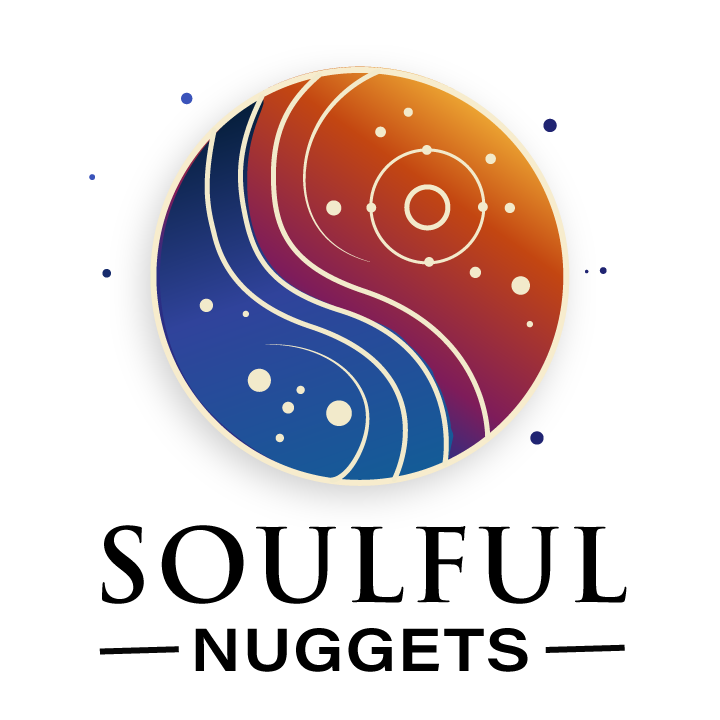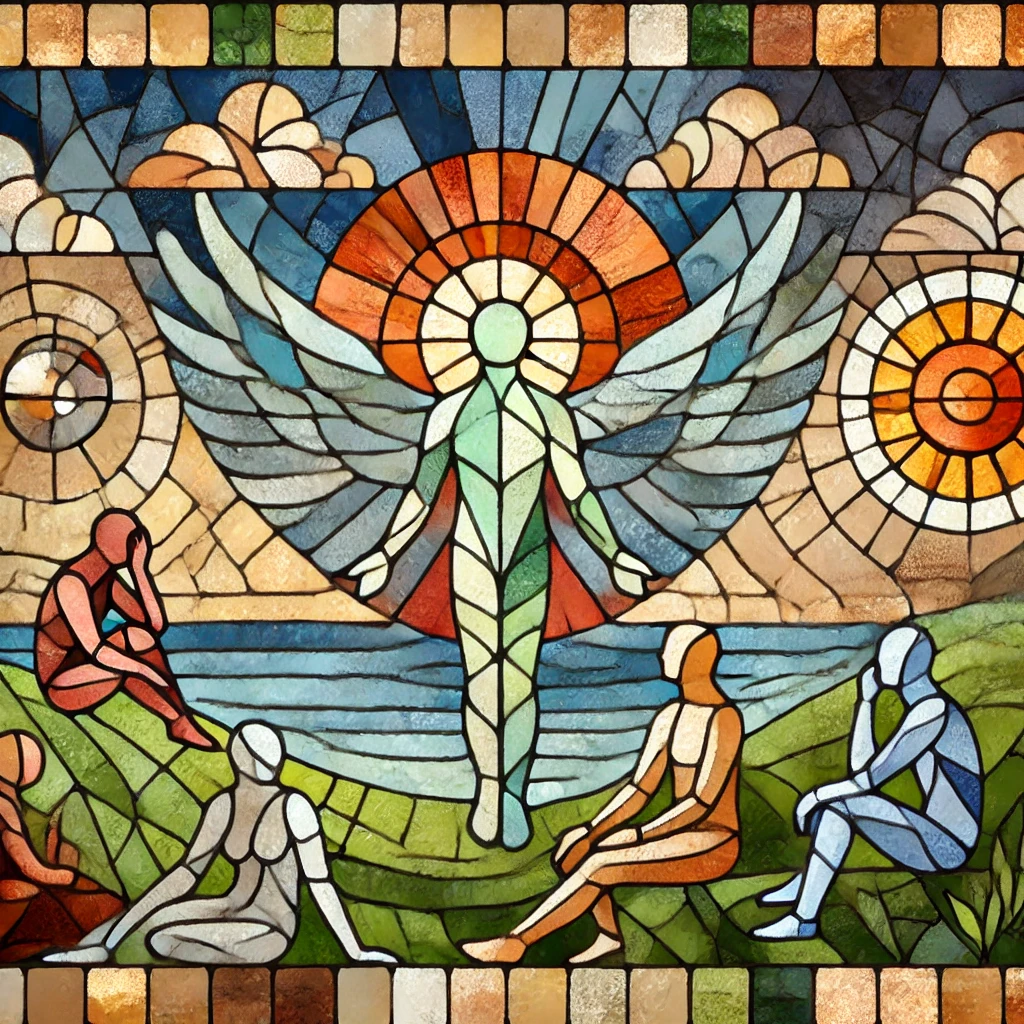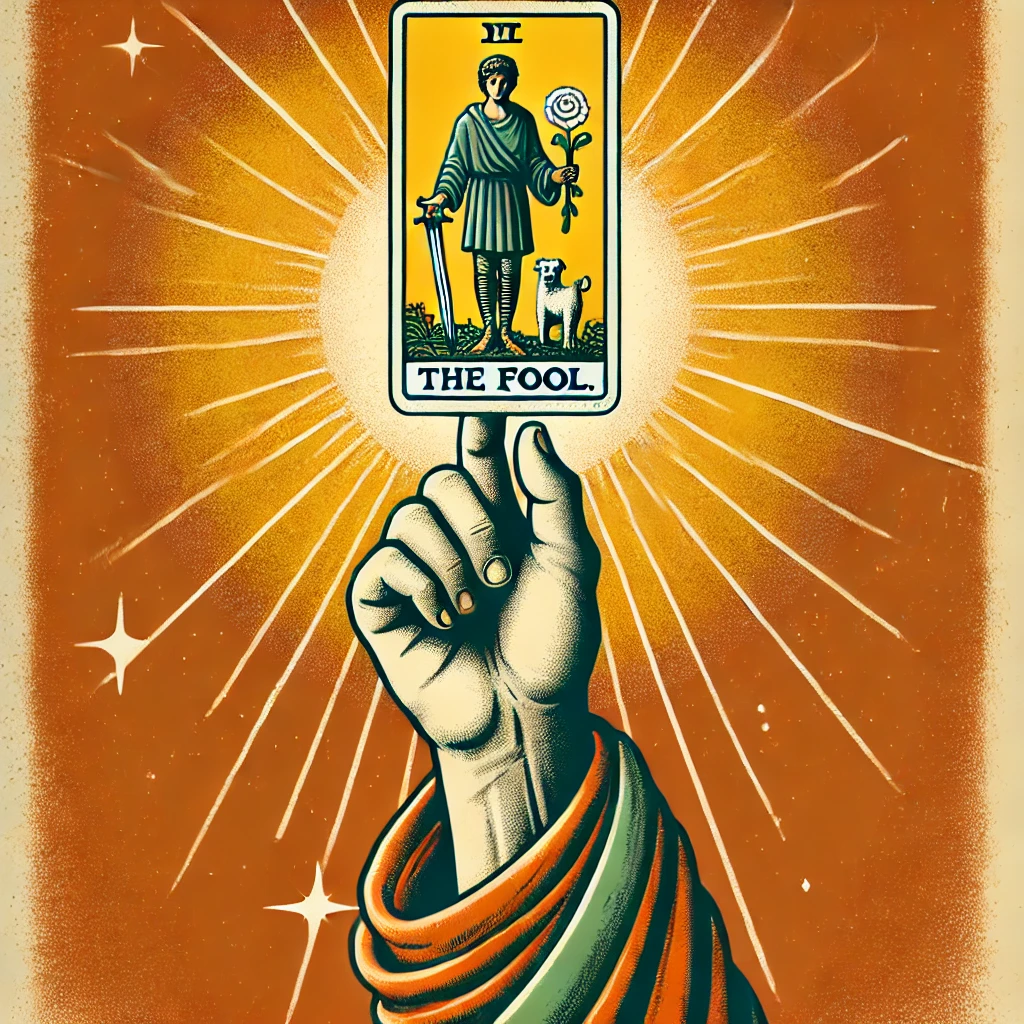There are times in life when our usual strategies fail us. We may find success, yet feel strangely empty. Or we face illness, loss, or transition—and realize we do not really know who we are anymore. The surface cracks. The questions deepen. Something in us begins to stir, quietly asking to be heard.
This is often when the soul begins its real work.
In such moments, psychological depth is not a luxury. It is a necessity. We need ways to understand the hidden currents that move through our lives. We need language for what we feel but cannot name. Jungian psychology offers such a language—one shaped by myth, image, dream, and soul.
I listened to this online course for my blog An Introduction to Jungian Psychology on JungPlatform.com. In it, James Hollis, a teacher of great depth and clarity, offers a profound introduction to this rich psychological tradition.
Jungian thought begins with a simple truth: we are more than our conscious identity. The ego—the “I” we normally live from—is not the whole story. It helps us navigate daily life, but it can become inflated, isolated, or defensive. Beneath it lies a deeper landscape: the unconscious. There, forgotten memories, unlived desires, fears, and symbols wait—often shaping our lives from the shadows.
One of the gifts of Jung’s work is the concept of the shadow. These are parts of ourselves we would rather not see—traits we find unacceptable, feelings we have pushed away, truths we deny. But the shadow is not something to eliminate. It is something to meet. Often, what we most reject holds the key to our vitality. The things we avoid tend to follow us until we turn around and greet them.
Another essential idea is the persona—the mask we wear to meet the world. It allows us to function and belong. But over time, we can mistake the mask for who we are. We say yes when we mean no. We pretend strength when we are afraid. We become strangers to our own depths. The soul begins to ache under the weight of appearances.
Jung also introduced the idea of inner energies—the anima and animus—that represent aspects of ourselves we have left behind or projected onto others. These inner figures can show up in relationships, dreams, and emotional responses. They are not tied to gender, but to the human need for balance between action and reflection, thinking and feeling, clarity and depth.
To explore Jungian psychology is not to study a theory, but to begin a conversation with oneself. It is not a project of self-improvement, but a path of soul-tending. The soul does not ask us to be perfect. It asks us to be honest. To become more human, not more polished.
There is no final arrival here. No ultimate fix. The psyche is not a puzzle to be solved, but a presence to be listened to. Jung once said, “We do not become enlightened by imagining figures of light, but by making the darkness conscious.” This is not a harsh idea. It is a call to tenderness. A way of sitting with what hurts, what confuses, and what longs to live.
What I found in this course is not a set of steps, but a kind of companionship. A reminder that inner work is slow, and beautiful, and often uncomfortable. That it asks more of us than performance—it asks presence. It asks curiosity. It asks us to feel our lives again, rather than explain them away.
And so, we might begin—not with a goal, but with a question. Not to escape who we are, but to live closer to it. Closer to what pulses beneath the surface. Closer to the voice in dreams. Closer to the truth we almost forgot, but never fully lost.
Tim – Soulful Nuggets Team
This blog is a reflection on the course ‘Introduction to Jungian Psychology‘ taught by James Hollis .





